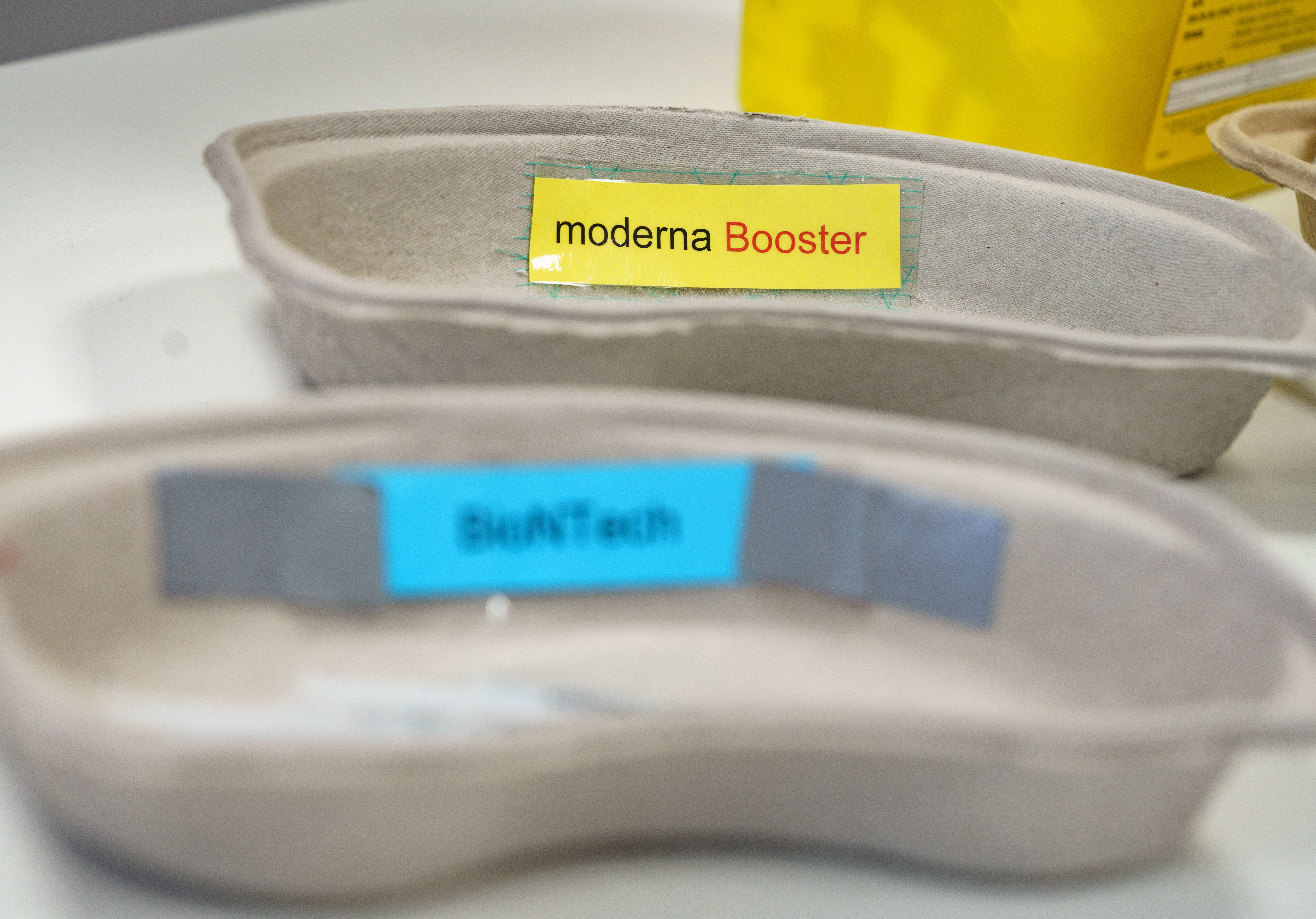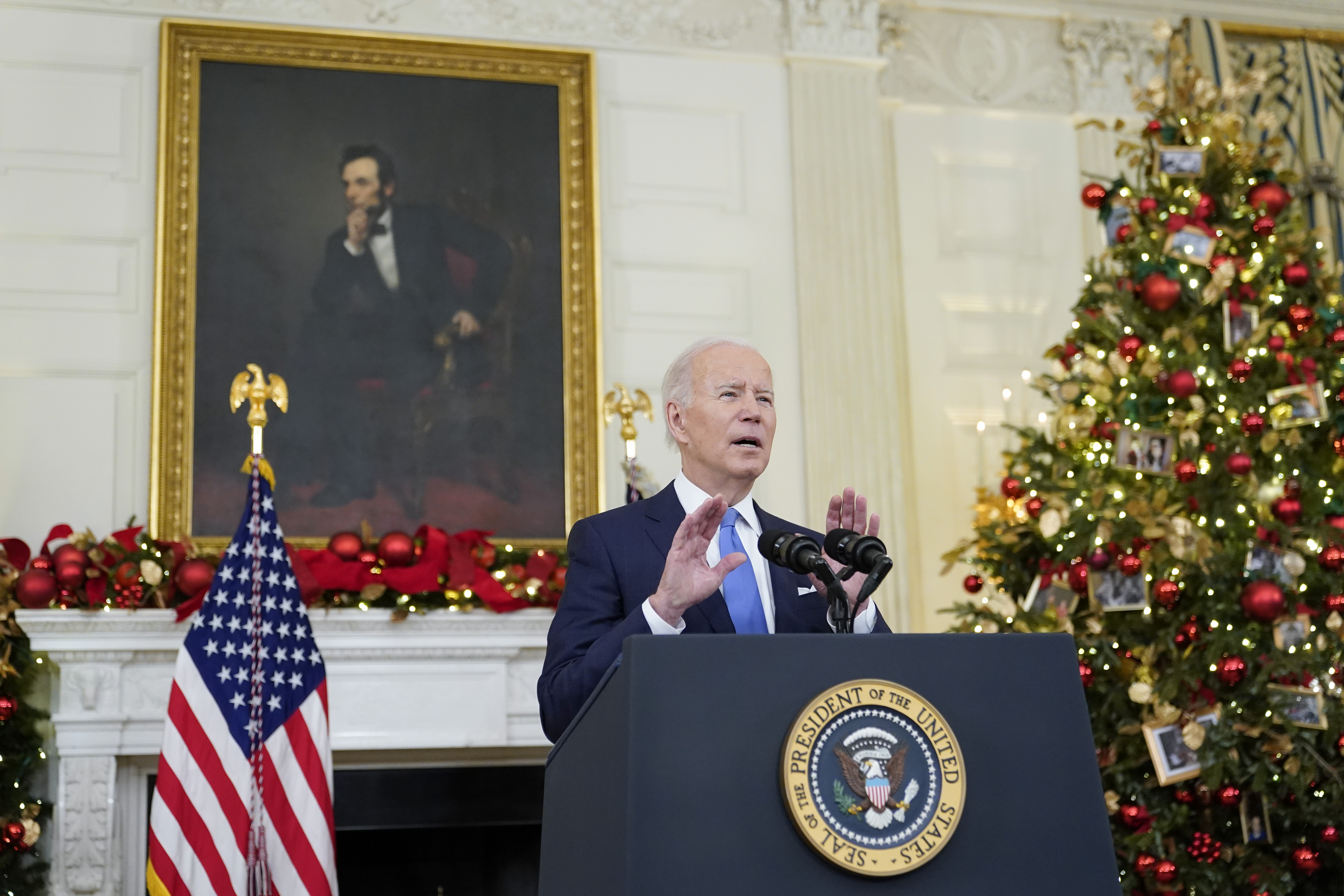Twelve states were dropped from Chicago's travel advisory Tuesday, bringing the city's warning list down to 34 states and one territory.
The city's health department announced Connecticut, Delaware, Florida, Georgia, Hawaii, Indiana, New Jersey, New York, Pennsylvania, South Carolina, South Dakota, and Wisconsin had all dropped below the threshold to be on the travel warning list.
An additional 18 states could be dropped next week if they remain below the threshold.
States are added to the advisory's "orange list" when COVID metrics rise above the threshold of 15 cases per day per 100,000 people. Any below that mark are on the "yellow" list, with public health officials still warning against non-essential travel.
The latest change comes amid declining COVID metrics following the omicron surge this year, and one day after the city and Illinois lifted mask and vaccine mandates.
“It’s great that as daily COVID-19 case rates keep falling throughout the U.S., people are more comfortable and confident making spring and summer travel plans,” Chicago Department of Public Health Commissioner Dr. Allison Arwady. “But more than half of the country is still on our Travel Advisory, and for unvaccinated travelers that means they should continue to adhere to the quarantine and testing guidelines.”
Just before the Labor Day holiday last year, the city updated its guidance for what unvaccinated travelers visiting or returning from locations on the advisory should do, adding new testing and quarantining recommendations before and after travel.
The city noted that "given the delay for approval of vaccination for children under 5," children 5 years old and younger are exempt from the advisory, but only if the adults they are traveling with are vaccinated.
International travelers will be subject to guidelines from the U.S. Centers for Disease Control, which requires that all travelers, regardless of vaccination status or citizenship, get a negative COVID-19 viral test no more than one day before travel into the United States.
Feeling out of the loop? We'll catch you up on the Chicago news you need to know. Sign up for the weekly> Chicago Catch-Up newsletter.
Under Chicago's guidelines, unvaccinated individuals should do the following before travel:
- Get tested 3-5 days prior to departure.
While traveling:
- ALL individuals regardless of vaccination status should wear a mask on planes, buses, trains, and other forms of public transportation traveling into, within, or out of the United States and while indoors at U.S. transportation hubs such as airports and stations.
- In Chicago, wear a mask in all indoor public settings, regardless of vaccination status.
- Avoid crowds, try to stay at least 6 feet/2 meters (about 2 arm lengths) from anyone who is not traveling with you, and wash your hands often or use hand sanitizer (with at least 60% alcohol).
After travel, unvaccinated individuals should:
- Get tested with a viral test 3-5 days after travel AND stay home and self-quarantine for a full 7 days.
- Even if you test negative, stay home and self-quarantine for the full 7 days.
- If your test is positive, isolate yourself to protect others from getting infected.
- If you don’t get tested, stay home and self-quarantine for 10 days after travel.
- Avoid being around people who are at increased risk for severe illness for 14 days, whether you get tested or not.
The city advised all travelers to monitor themselves for COVID-19 symptoms and isolate and get tested if they develop any after travel.
This week's update to the travel advisory comes at a time when the average daily number of new cases in Chicago is down to 191, a stark difference from the 5,189 seen earlier this year.
That figure is still higher than the low of 34 the city saw in late June last year, however.
Hospitalizations are averaging 16 per day and deaths dropped to 3.14 per day, both marking significant decreases from the omicron peak earlier this year.
The positivity rate in testing dropped to 0.8%, a dramatic decline from the 21% seen during the surge.
The travel advisory is updated every Tuesday, with any changes taking effect the following Friday.



